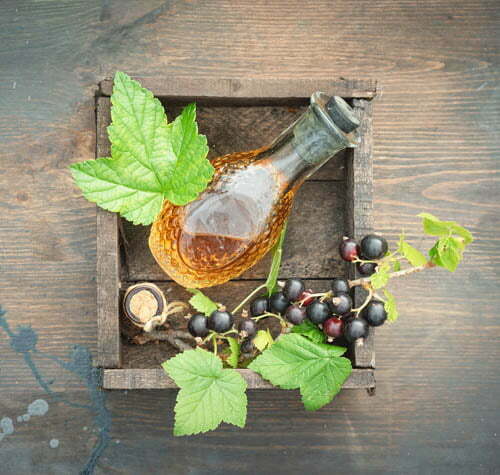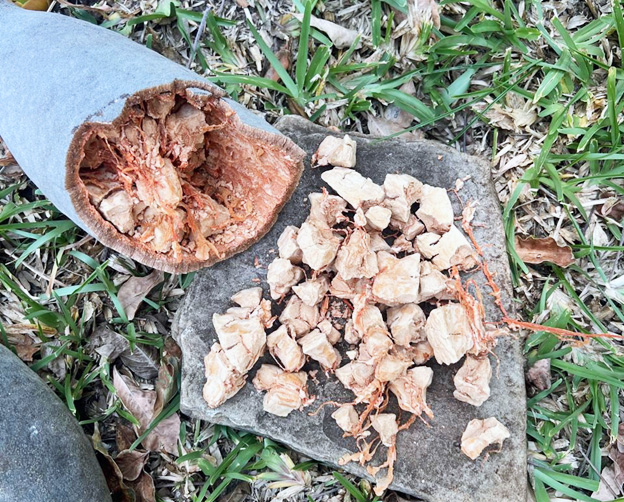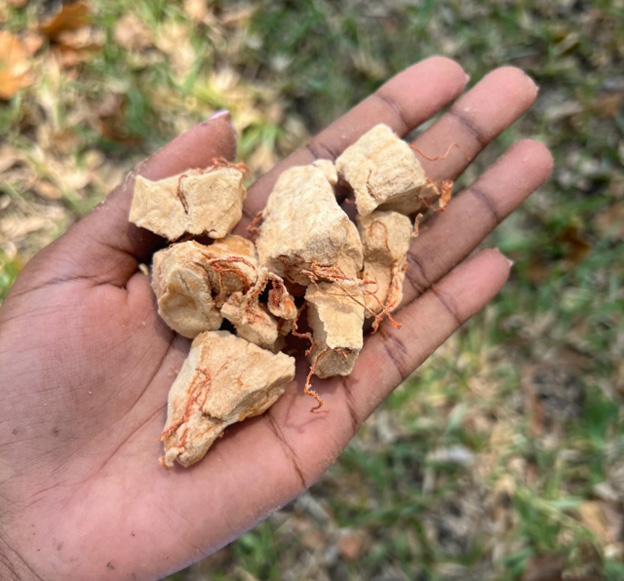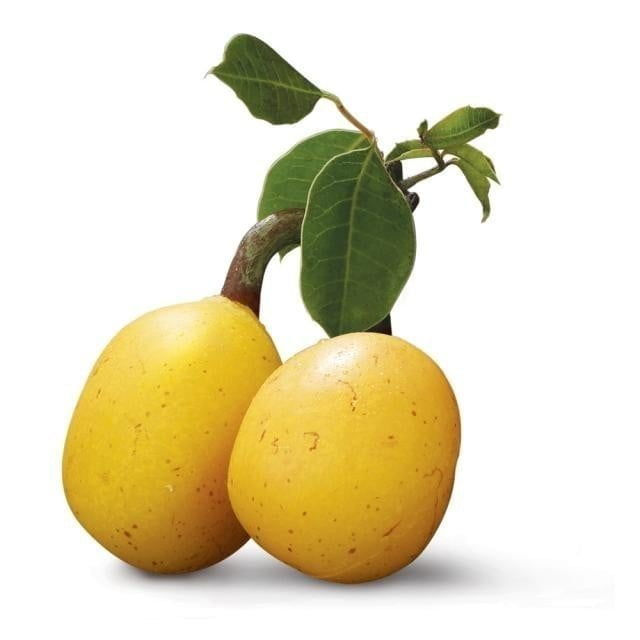Africa is a continent endowed with diverse cultural values and herbal knowledge in cure and food conservation methods. Due to various global concerns about synthetic additives and their effects on human health, there has been a growing focus on the use of natural additives. Natural preservatives from Africa present a unique, practical, and culturally appropriate solution to the food processing and cosmetic sectors. This research focuses on the types, uses, and importance of African natural preservatives, especially in the current society.
The Historical Context of Natural Preservatives in Africa
African cultures have relied on natural preservation methods for many centuries. Before the discovery of refrigerators and other preservatives, people from Africa turned to nature for solutions to preserve food and make cosmetics last longer. These methods were both sustainable and concordant with indigenous practices that honored the relationship between man and the environment.
For instance, smoke obtained from certain trees like the Acacia species to preserve meat and fish has been practiced for many years. Smoke produced by burning plant materials contains phenols, which act as antiseptic agents, slowing down the rate of bacterial and fungal activity and hastening the deterioration of perishable goods. Likewise, African women have applied natural oils and extracts for skin and hair care in the cosmetic industry by embracing the antioxidant and antimicrobial qualities of plants.

Plant extracts
Sources of African Natural Preservatives
The African continent is the host to many plant species that act as natural preservatives. These plants indeed contain antioxidants, essential oils, and other bioactive compounds which prevent the spoilage of microorganisms. Some of the most notable sources include:
- Rooibos (Aspalathus linearis): Rooibos is native to South Africa and is packed with polyphenols that exhibit vivid antioxidant characteristics. Besides being consumed as an herb tea, rooibos extracts are employed as natural antioxidants in cosmetic products to counteract oxidation.
- Baobab (Adansonia digitata): Popularly known as the ‘Tree of Life,’ bears fruits that are packed with vitamin C, polyphenols, and other antioxidants. The baobab powder is also commonly employed in the food industry as a natural means of preserving food products and as a rich source of nutrients.


- Shea Butter (Vitellaria paradoxa): Popular in cosmetics, shea butter is both emollient and contains tocopherols (vitamin E), which serve as natural antioxidants. These compounds act as antioxidants by preventing oils from becoming rancid, and this is why shea butter is commonly used in organic products.
- Kigelia Africana (Sausage Tree): Originally applied in African culture for home remedies, Kigelia Africana contains flavonoids and phenolic compounds. These bioactive substances are useful in the preservation of food and cosmetics with antimicrobial and antioxidant properties.
Applications in the Food Industry
Today, the food industry has shifted towards using natural preservatives due to the consumer’s preference for natural foods with minimally processed components. Natural African preservatives are known to provide numerous advantages, such as improving the nutritional value of food products while preserving them.
- Rooibos Extracts in Beverages: Rooibos is now found to be used as a natural preservative in the preparation of beverages, particularly in iced teas and juices. Notably, the polyphenols in rooibos are known to act as antioxidants, which preserves rooibos tea from early spoilage due to oxidation or microbial activities, hence eliminating the need for the use of artificial preservatives thus increasing the shelf life of the product.
- Baobab Powder in Snacks: Baobab powder is being used in snack bars, cereals, and other dry foods not only as a preservative but also as a source of nutrition. This characteristic makes the powder effective in preventing the growth of molds and bacteria, thus extending the shelf life of these products.

- Spices as Preservatives: Conventional African spices, including cloves, cinnamon, and black cumin, have been acknowledged to possess antimicrobial attributes. These spices are being used in the preservation of meat, sauces, and pickles as an organic remedy to chemical-based preservatives and also to add freshness to foods.
Applications in the Cosmetic Industry
The cosmetic industry is also enjoying the newfound African natural preservative that has gained popularity with natural and organic skincare products. These preservatives not only preserve the cosmetics but also enhance their performance and quality as a beauty product.
- Shea Butter in Skincare Products: It has been ascertained that Shea butter has inhibitory effects on lipid oxidation, and it’s popularly used in natural skin care products. It is incorporated into creams, lotions, and balms as they not only act as preservatives but also as an intense moisturizer and skin restorer.
- Kigelia Extracts in Anti-Aging Formulations: Kigelia Africana fruit has many vitamins and can help reduce the signs of aging, and that is why it has been incorporated into many wrinkle creams. Kigelia extracts effectively shield skin from oxidative stress and microbial invasion, which contributes to the stability and efficacy of these products.
- Marula Oil in Haircare: Marula oil is obtained from the seeds of the Marula tree or Sclerocarya birrea and contains antioxidants and fatty acids. It is utilized in hair care products to maintain the natural quality of the oil and, at the same time, provide nutritional support to hair and scalp. It also prevents the growth of bacteria and fungi; hence, there is no need for added synthetic chemicals in preservation, making it ideal for natural hair care products such as marula oil.

Marula oil
Marula oil, cold pressed, is a rich source of essential fatty acids Sometimes people call it the elixir of youth, and compare it to argan oil. However, Marula oil is much lighter and has a more subtle scent. It contains tocopherols which exhibit antioxidant properties.
Challenges and Opportunities
Despite these advantages, some issues may hamper the use of natural preservatives from Africa. One of the main problems is that the production processes must be scaled up. Most of these preservatives are sourced from wild plants; hence, they are scarce and expensive to acquire. Furthermore, there is growing legislation and acceptance of natural preservatives where the rules and the extent of compliance differ across markets.
Nevertheless, these critical issues contain possibilities for innovation and growth where they can be transformed into strategic management assets. The availability of raw materials can also be secured by making long-term investments in sustainable farming practices, like the cultivation of the baobab and shea trees. In addition, given the increasing consumption of natural products by consumers, African natural preservatives underpin the competitive advantage of companies in the global market. Public coalitions with governments, NGOs, and private entrepreneurs can contribute to the formulation of fair trade practices through which the welfare of the end consumers sourcing these natural resources can be realized. Another one is in the scientific research & development perspective. In this way, increasing the interest in African plants and their bioactive constituents will make it possible to work on the development of new preservatives that are more efficient and versatile. This research could eventually culminate in the establishment of technological rights where African natural preservatives can emerge as market pioneers. Additionally, through education and awareness of the need to use natural preservatives, consumers will be encouraged to demand the products, which will support production.
The Future of African Natural Preservatives
The future of natural preservatives in Africa looks bright because there is constant research to develop new uses of these natural products and find ways to increase their efficiency. Recent developments in extraction and formulation technology point to improved, efficient, and intense natural preservatives that can pose a useful challenge to synthetic preservatives. Furthermore, the escalating demand for sustainability and ethical resources will contribute to the increased use of African natural preservatives. These products not only satisfy the demand for clean-label ingredients but also help the local people and protect the distinctive wildlife of Africa.
Conclusion
African natural preservatives are truly a meeting point of cultural practices, environmentally friendly solutions, and modern technology. They serve as food and cosmetics additives and provide a natural approach to synthetic counterparts while preserving African traditions. With the global market increasingly trending toward natural and sustainable products, African natural preservatives are expected to help define the future of various industries. With a focus on research, sourcing, and ethical trade, the full potential of these natural riches can be unleashed for the benefit of consumers and the earth’s environment.
Therefore, the use of African natural preservatives in foods and cosmetics holds the promise of being eco-friendly, healthy, and culturally relevant as compared to synthetic ones. Not only do these natural preservatives improve the safety and shelf life of products, but they also meet the current trend of customer’s preference for foods and products with fewer and more clearly defined additives. With the general global awakening to the use of natural preservatives, the African continent’s diverse bio-reserves and indigenous wisdom will be well-positioned for this emerging market.
References
Beya, M. M., Netzel, M. E., Sultanbawa, Y., Smyth, H., & Hoffman, L. C. (2021). Plant-based phenolic molecules as natural preservatives in comminuted meats: A review. Antioxidants, 10(2), 263.
Dini, I., & Laneri, S. (2021). The new challenge of green cosmetics: Natural food ingredients for cosmetic formulations. Molecules, 26(13), 3921.
Novais, C., Molina, A. K., Abreu, R. M., Santo-Buelga, C., Ferreira, I. C., Pereira, C., & Barros, L. (2022). Natural food colorants and preservatives: A review, a demand, and a challenge. Journal of agricultural and food chemistry, 70(9), 2789-2805.
Sharif, Z. M., Mustapha, F. A., Jai, J., & Zaki, N. A. M. (2017). Review on methods for preservation and natural preservatives for extending the food longevity. Chemical Engineering Research Bulletin, 19.
Zeragui, B., Hachem, K., Halla, N., & Kahloula, K. (2019). Essential oil from Artemisia judaica L.(ssp. sahariensis) flowers as a natural cosmetic preservative: Chemical composition and antioxidant and antibacterial activities. Journal of Essential Oil Bearing Plants, 22(3), 685-694.


